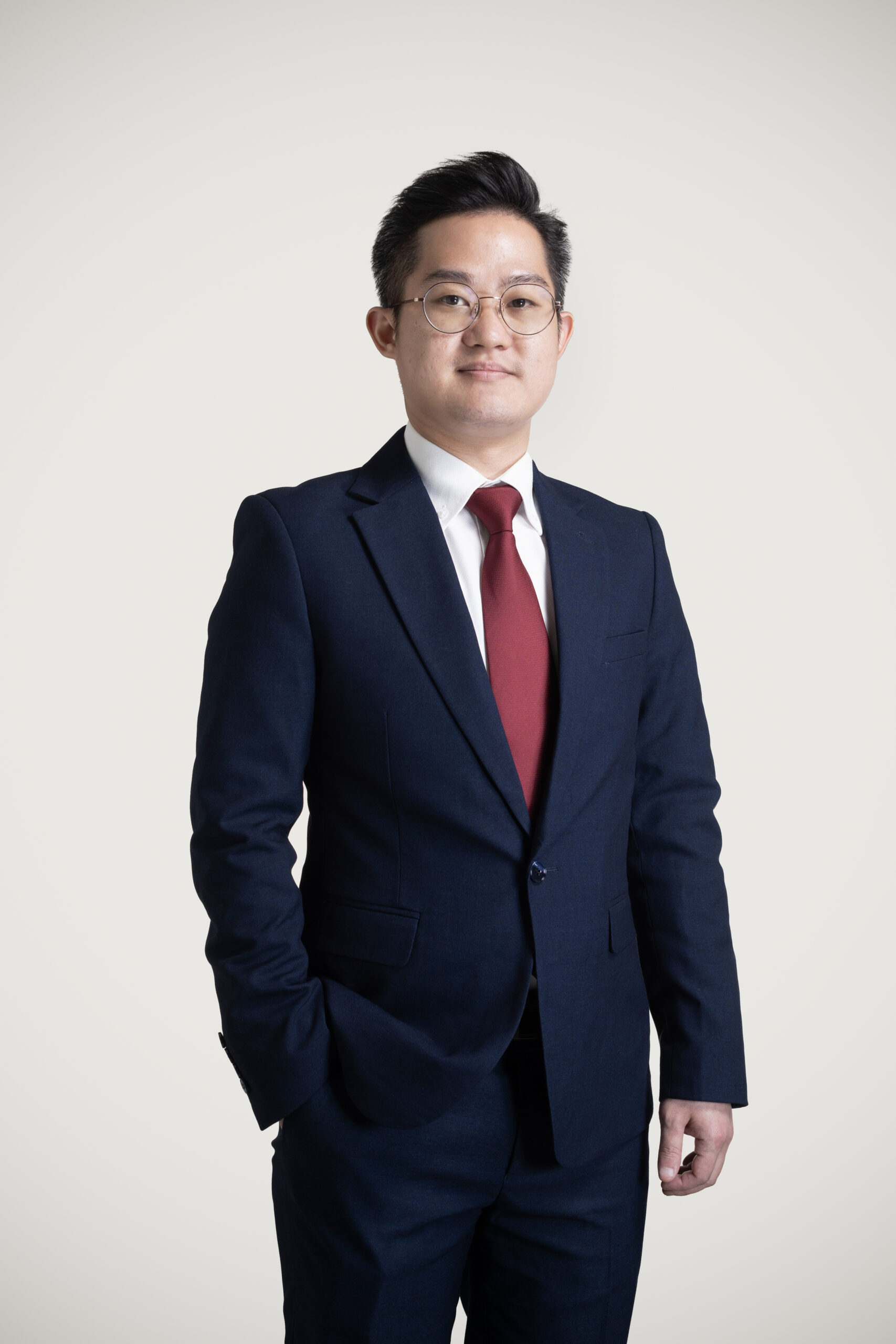The case of Ong Kwee Lee v Able Perfect Sdn Bhd [2025] MLJU 127 before the Court of Appeal centred around the legal interpretation of a private express trust in the context of a share sale agreement. The key question was whether the appellant, Ong Kwee Lee, was a beneficiary of 250,000 shares in Sekoplas Industries Sdn Bhd, despite not having fully paid for his share of the acquisition costs. This case provides critical insights into the nature of private express trusts, the significance of beneficial ownership, and the rights of a trustee versus those of a creditor.
Before we proceed further, briefly, a Private Express Trust is a legal arrangement where a person or entity (the settlor) transfers property to a trustee to hold and manage for the benefit of specific individuals or entities (the beneficiaries). It is intentionally created (hence “express”) and designed for private purposes, typically estate planning, wealth preservation, or asset protection.
Summary of Facts
The appellant, Ong Kwee Lee, and his business partner, Ng Keng Hoe, agreed in 2016 to acquire 500,000 shares in Sekoplas Industries Sdn Bhd at a total purchase price of RM18,750,000. Due to financial constraints, Ong Kwee Lee was unable to contribute his full share of the purchase price. As a solution, the acquisition was structured through the respondent, Able Perfect Sdn Bhd, which took ownership of the shares and financed the purchase with a RM15 million loan from Hong Leong Bank Berhad.
To formalize Ong Kwee Lee’s beneficial interest in 250,000 shares, both parties executed a Trust Deed on 11 April 2016, stating that the respondent would hold the shares on trust for the appellant. The deed also stipulated that Ong Kwee Lee would bear 50% of the acquisition costs and that the shares would be transferred to him upon full payment of his share of the costs.
A dispute arose when Ong Kwee Lee sought to offset his portion of the acquisition costs using dividends declared on the shares. The respondent, however, insisted that Ong Kwee Lee must pay in cash before claiming any ownership or benefit. The High Court ruled in favor of the respondent, stating that no trust had been created. Dissatisfied, Ong Kwee Lee appealed to the Court of Appeal.
Discussion: Interpretation of Private Express Trust in Shares Sales
A. Establishing Private Express Trust: Three Certainties.
For a private express trust to be valid, the following elements, known as the Three Certainties, must be present:
| Three Certainties | Three Certainties explicitly established in the Trust Deed dated 11 April 2016 |
| 1. Certainty of Intention A clear and unequivocal intention to create a trust. | The respondent (Able Perfect Sdn Bhd) expressly declared in the Trust Deed that it held 250,000 shares in Sekoplas Industries Sdn Bhd on trust for the appellant, Ong Kwee Lee. The deed contained an irrevocable declaration that the shares were held “not for its own benefit but upon trust for the absolute benefit of the Beneficiary (Ong Kwee Lee).” |
| 2. Certainty of Subject MatterThe specific asset held in trust must be identified. | The specific 250,000 shares were explicitly identified in the Trust Deed. The respondent was holding them on behalf of the appellant, and they were part of the total 500,000 shares acquired in Sekoplas Industries Sdn Bhd. |
| 3. Certainty of Object The beneficiary must be clearly identifiable | The beneficiary of the trust was clearly stated as Ong Kwee Lee, making it legally enforceable. |
Despite the High Court’s finding that no trust had been created, the Court of Appeal ruled otherwise, holding that the Trust Deed itself was sufficient evidence that an express trust existed.
B. Timing of Beneficial Ownership: Immediate or Conditional?
One of the key legal issues in this case was when beneficial ownership in the shares took effect; whether it was immediate upon execution of the trust or only after full payment of the acquisition costs by Ong Kwee Lee. The High Court ruled that the appellant could not claim beneficial ownership until he had fully paid for the shares. This approach imposed an implied condition that the trust would only be effective upon full settlement of the purchase price.
However, the Court of Appeal rejected this interpretation, emphasizing that: The Trust Deed explicitly conferred beneficial ownership immediately upon its execution on 11 April 2016. The respondent was obligated to hold the shares on trust, even if legal title remained in its name until full payment. A private express trust takes effect upon declaration, regardless of whether conditions exist for the eventual transfer of legal title.
This distinction is crucial because the High Court incorrectly applied the legal principle of an implied trust, where beneficial ownership is typically deferred until a specific condition is met. In this case, full payment.
C. Right to Dividends Under a Private Express Trust
Another major dispute was whether Ong Kwee Lee was entitled to receive dividends from the 250,000 shares before completing his full payment. Ong Kwee Lee argued that he should be able to offset his acquisition cost using dividends from the shares. The respondent insisted that no dividends should be paid to Ong Kwee Lee until he fully settled his share of the acquisition costs.
The Court of Appeal ruled in favour of Ong Kwee Lee, stating that: The Trust Deed did not contain any provision restricting Ong Kwee Lee’s right to receive dividends. The respondent had no discretion to withhold dividends, as it had agreed to hold the shares “with all rights, title, and benefits thereto as Trustee, not for its own benefit but upon trust for the absolute benefit of the Beneficiary.” Dividends are part of the benefits of ownership in a trust relationship. Since the shares were already held on trust, Ong Kwee Lee was entitled to receive his proportionate share of dividends. This ruling reinforces the legal position that a trustee cannot deny a beneficiary the economic benefits of trust property, even if certain conditions exist for the legal transfer of ownership.
D. Distinction Between Private Express Trust and Implied Trust
The High Court’s mistake was applying implied trust principles instead of recognizing the private express trust explicitly created in the Trust Deed. Implied trusts arise when a party pays for an asset but lacks legal ownership, leading courts to infer a trust to prevent unjust enrichment. In contrast, private express trusts are formally declared and documented, as seen in this case.
The Court of Appeal clarified that the High Court wrongly relied on Tan Ong Ban v Teoh Kim Heng[1], where a trust was only recognized after full payment. However, in Ong Kwee Lee’s case, the trust was immediately effective because the respondent had already declared it in writing. This decision reinforces that courts cannot impose additional conditions on a properly established private express trust, ensuring beneficiaries’ rights are upheld.
E. Trustee’s Dual Role as Creditor and Fiduciary
The respondent held dual roles—as a trustee, it was obligated to hold the shares for Ong Kwee Lee, and as a creditor, it could demand payment for the acquisition costs. However, it misused its creditor role to withhold dividends and condition the trust on full payment. The Court of Appeal ruled that fiduciary duties outweigh creditor interests, affirming that the trust remained valid regardless of the outstanding debt.
F. Enforceability of Trust Obligations
The Court of Appeal upheld the Trust Deed’s enforceability, ruling that the respondent could not make the trust conditional on payment, withhold dividends without justification, or deny Ong Kwee Lee’s contractual and beneficial rights. By affirming the validity of the private express trust, the Court reinforced that trust obligations must be strictly followed as stated in the deed.
Conclusion
This case is a significant ruling on private express trusts in shares sales. It clarifies the distinction between express trusts and implied trusts, affirming that a properly documented express trust takes effect immediately. This ruling serves as an essential reference for investors, corporate lawyers, and business partners engaged in structured share transactions.
If you are involved in a share sale transaction and wish to explore the use of a Private Express Trust—whether to hold shares, manage sale proceeds, or structure deferred payments—it is crucial to seek expert legal guidance. For further advice on structuring trusts in share sales, please contact our Dispute Resolution Partner, Mr. Brandon Cheah (brandon@nzchambers.com), or our Pupil-in-Chambers, Ms. Wan Tasnima.
Authors:
- Brandon Cheah
- Wan Tasnima
References:
[1] [2016] 3 CLJ 193






